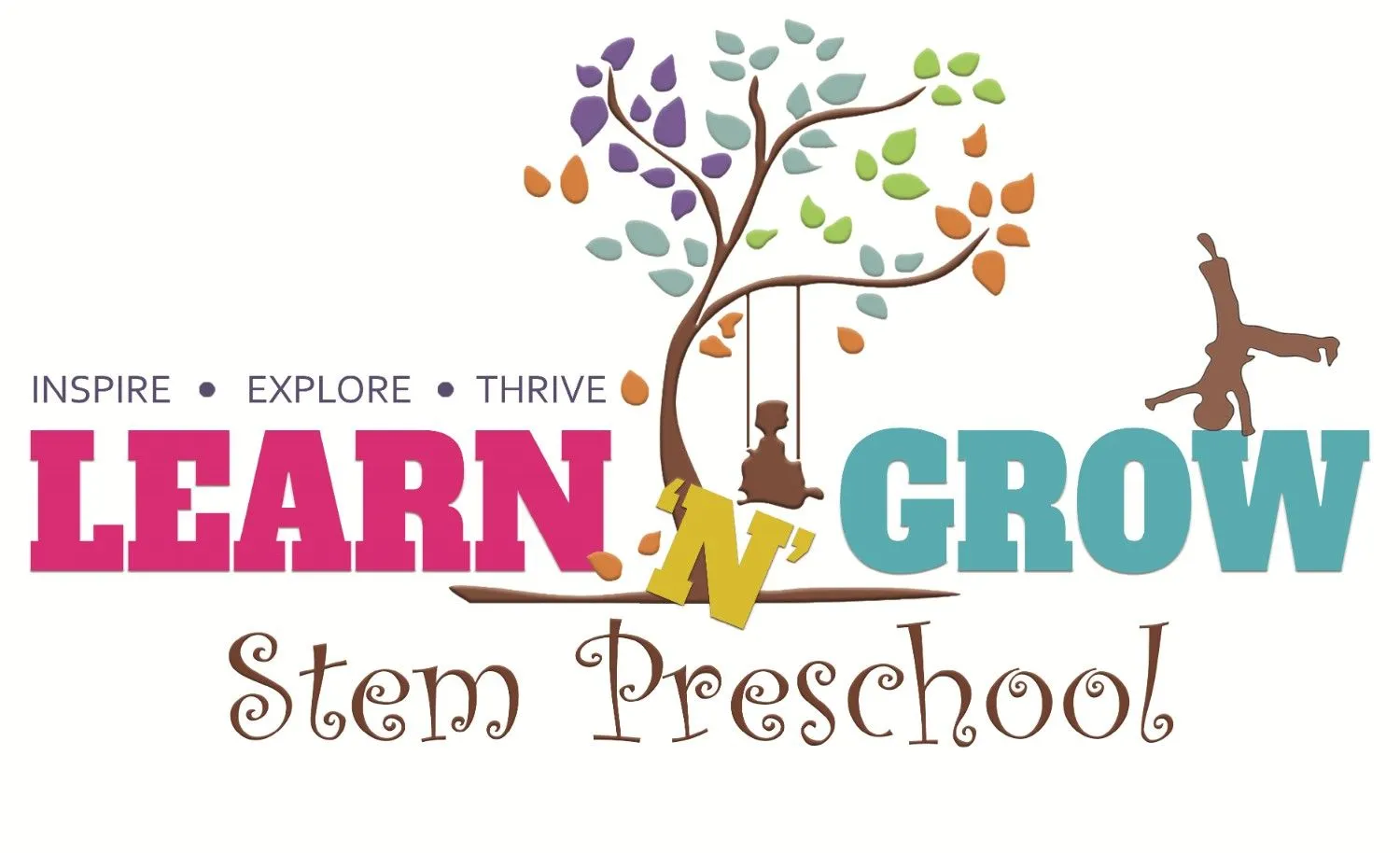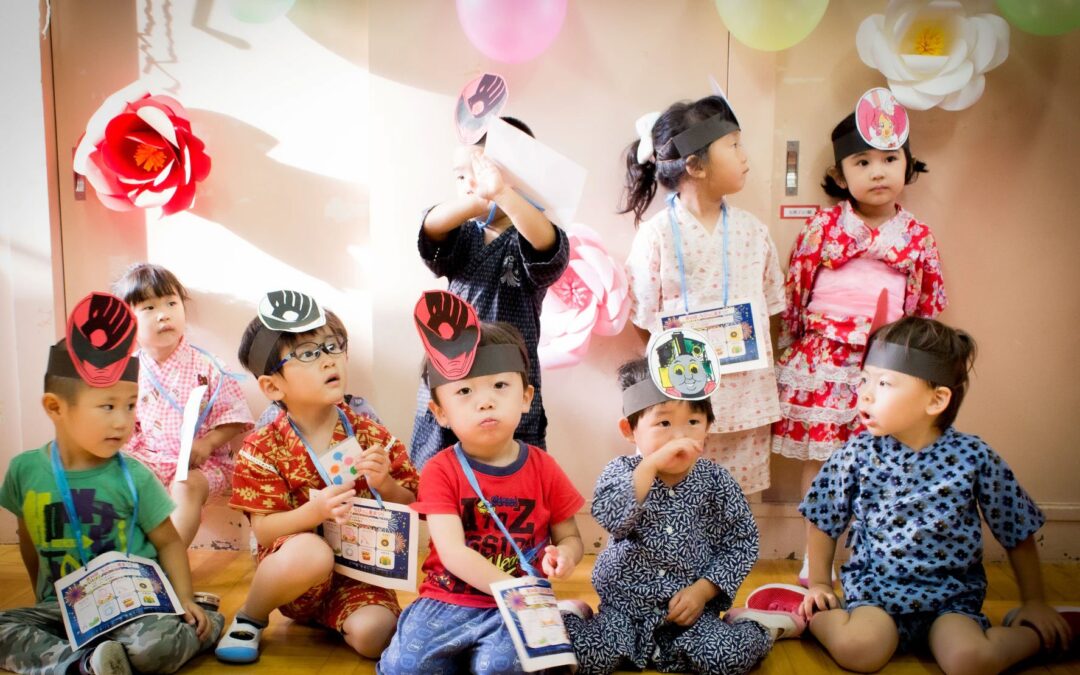Introduction:
Embarking on the journey to find the Best Infant Care School is a significant milestone for both parents and their little ones, signifying a new chapter of growth, socialization, and learning. Yet, preparing your child for daycare involves both emotional and logistical challenges. To facilitate a seamless transition, having a well-thought-out plan is crucial. This article delves into five key tips to prepare your child for infant daycare school. From understanding the advantages of daycare to selecting the right school, establishing routines, fostering trust with caregivers, addressing separation anxiety, and maintaining a robust connection, these tips aim to empower you in navigating this exciting and challenging phase with confidence.
Understanding the Benefits of Infant Daycare:
The Importance of Early Socialization:
Enrolling your little one in daycare might initially seem overwhelming, but it presents numerous advantages for their overall development. One standout benefit is the opportunity for early socialization. Engaging with fellow infants and caregivers enables children to acquire crucial social skills like sharing, taking turns, and collaborating in group settings. Additionally, it serves as a wonderful chance for them to form their first friendships (aw, how adorable!).
Enhancing Cognitive Development:
Believe it or not, daycare can also give your child’s brain a boost. Engaging with different toys, games, and activities stimulates their cognitive development. They’ll be exposed to new experiences and ideas that will encourage curiosity and problem-solving skills. So, don’t fret about leaving them at daycare—they’ll be growing those little brains while you take a well-deserved break!
Finding the Right Infant Daycare School:
Researching and Touring Potential Daycare Centers:
Finding the perfect daycare for your little bundle of joy may take a bit of detective work. Start by researching potential daycare centers in your area—they should be licensed and have positive reviews from other parents. Once you’ve narrowed down your options, grab your magnifying glass (or just your smartphone) and schedule tours. Seeing the facility firsthand will give you a better sense of the atmosphere, cleanliness, and overall vibe (cue the baby dance party!).
Considering Safety, Licensing, and Accreditation:
When it comes to choosing an infant daycare, safety should be a top priority. Make sure the daycare has proper licensing and accreditation, as this ensures they meet specific health and safety standards. Ask about their emergency procedures, staff-to-child ratios, and the level of security they have in place. Remember, you want your little one to be in a safe and secure environment, even if they’re just playing with their favorite stuffed giraffe.
Creating a Smooth Transition Plan:
Gradual Introduction to Daycare Environment:
Introducing your baby to a new daycare can be overwhelming for both of you. To make the transition smoother, consider starting with shorter visits and gradually increasing the time spent at daycare. This will help your little one get accustomed to the new environment and the lovely caregivers. It’s like dipping your toes into a pool before diving in—just with more diapers involved.
Communicating with Daycare Staff about Individual Needs:
Every baby is unique, and it’s crucial to communicate with the daycare staff about your child’s individual needs. Whether it’s their feeding schedule, nap routine, or special preferences, let the caregivers know what works best for your little munchkin. Building a strong partnership with the daycare staff will ensure your baby gets the personalized care they need and deserve.
Establishing a Consistent Daily Routine:
Setting Regular Drop-off and Pick-up Times:
Consistency is key when it comes to daycare routines. Establishing regular drop-off and pick-up times will help your baby develop a sense of stability and security. Plus, it makes planning your day a tad bit easier. Just make sure not to be fashionably late—your baby might not be as fashionable as they want you to believe.
Collaborating with Daycare Staff on Nap and Feeding Schedules:
Babies thrive on routine, and collaborating with the daycare staff on nap and feeding schedules is vital for their well-being. Share your baby’s current routine with them and work together to maintain a consistent schedule. This will ensure your baby gets the proper rest and nutrition they need while enjoying their daycare adventures. Trust us, a well-rested baby is a happy baby (and a happy baby means less crying. Hallelujah!).
Building Trust and Communication with Daycare Staff
Establishing Open and Frequent Communication Channels
When it comes to your child’s well-being, communication is key. Establishing open and frequent communication channels with the daycare staff is crucial in building trust and ensuring that your child’s needs are met. Take the time to introduce yourself to the staff and inquire about their preferred communication methods. Whether it’s through email, phone calls, or a daycare app, make sure you have a reliable way to stay updated on your child’s progress and any concerns that may arise.
Getting to Know and Trust the Caregivers
Trust is foundational in any caregiver relationship, so take the time to get to know and trust the daycare staff who will be looking after your little one. Schedule a meeting with them to discuss their experience, qualifications, and philosophies on childcare. Ask questions, share your concerns, and observe how they interact with other children. By building a rapport with the caregivers, you can feel more at ease knowing that your child is in capable hands.
Promoting Healthy Development and Learning Opportunities
Encouraging Age-Appropriate Activities and Playtime
While daycare provides a nurturing environment, it’s important to promote your child’s healthy development by encouraging age-appropriate activities and playtime. Discuss with the daycare staff about the types of activities they offer and how they incorporate learning into play. Whether it’s arts and crafts, sensory play, or outdoor exploration, ensuring that your child has stimulating activities will contribute to their overall growth and happiness.
Supporting Language Development and Educational Opportunities
Language development plays a significant role in your child’s educational journey. Discuss with the daycare staff how they encourage language skills and education. Are there storytimes, music activities, or language-learning exercises? Make sure that the daycare program aligns with your goals for your child’s education and that there is an emphasis on fostering a love for learning.
Addressing Separation Anxiety and Emotional Needs
Strategies to Ease Separation Anxiety
Separation anxiety can be challenging for both parents and children during the transition to daycare. Ease your child into this new routine by implementing strategies to reduce separation anxiety. Start with shorter daycare sessions and gradually increase the duration. Develop a goodbye routine that reassures your child, such as giving them a special toy or creating a goodbye ritual. Communicate with the daycare staff about your child’s separation anxiety, as they may have additional suggestions based on their experience.
Supporting Emotional Well-being and Attachment
Your child’s emotional well-being is crucial, especially during the daycare experience. Foster a strong emotional bond by ensuring the daycare staff understands your child’s emotional needs. Share any specific preferences or routines that help your child feel safe and secure. Additionally, encourage open communication between you and the daycare staff, so they can provide updates on your child’s emotional progress and address any concerns that may arise.
Maintaining a Strong Connection with Your Child during Daycare Hours
Quality Time and Bonding in the Mornings and Evenings
Although your child is spending time at daycare, it’s important to maintain a strong connection during non-daycare hours. Maximize quality time and bonding in the mornings and evenings by engaging in activities that allow you to connect with your child. Whether it’s reading a bedtime story, having breakfast together, or engaging in a special morning routine, these moments will strengthen your relationship and reassure your child of your love and presence.
Involvement in Daycare Events and Activities
Maintain your engagement in your child’s daycare journey by taking part in various events and activities organized by the daycare. Whether it’s a parent-child day, a field trip, or a parent-teacher conference, being present at these occasions showcases your enthusiasm and backing. Interacting with fellow parents and becoming involved in the daycare community can also offer valuable perspectives and chances for collaboration.
Remember, preparing your child for daycare is a journey that requires trust, communication, and a proactive approach. By implementing these tips, you can help ensure a smooth and positive transition for both you and your little one as they embark on their daycare adventure.
Conclusion:
Preparing your child for Best Infant Care School requires careful consideration and planning. By understanding the benefits, finding the right school, creating a smooth transition, establishing routines, building trust with caregivers, addressing separation anxiety, and maintaining a strong connection, you can ensure a positive daycare experience for your little one. Remember, it’s normal to feel a mix of emotions during this transition, but with the right strategies in place, both you and your child can thrive in the daycare environment. Embrace this new adventure and watch your child grow and flourish in their daycare journey.

